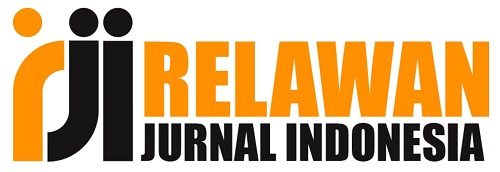PENERAPAN RESTORATIVE JUSTICE DALAM PROSES PERKARA TINDAK PIDANA PENGERUSAKAN DIHUBUNGKAN DENGAN PERATURAN JAKSA AGUNG TENTANG PENGHENTIAN PENUNTUTAN BERDASARKAN KEADILAN RESTORATIF (Studi di Kejaksaan Negeri Pematangsiantar)
DOI:
https://doi.org/10.51622/njlo.v2i01.347Keywords:
Restorative Justice, Prosecution and VandalismAbstract
Settlement of criminal cases through restorative justice in stage two (2) or since the handing over of responsibility for suspects and evidence to the Public Prosecutor has been regulated in the Attorney General's Regulation No. 15 of 2020 concerning Termination of Prosecution Based on Restorative Justice. The legality of the application of restorative in Indonesia has been used in Law No. 11 of 2012 concerning the Juvenile Justice System (SSPA) and the Circular Letter of the Chief of Police No. 8 of 2018 concerning the Application of Restorative Justice before the start of the investigation sent to the Public Prosecutor. a law enforcement in a slow direction because law enforcement is carried out at various levels from the Police, Attorney General's Office, District Courts, High Courts and even to the Supreme Court. In the end it has an impact on the accumulation of cases that are not small in number in court. The purpose of this study is to find out the application and problems that occur in the application of restorative justice through efforts to stop prosecution in the process of resolving cases of criminal acts of vandalism associated with the Attorney General's Regulation No. 15 of 2020 concerning Termination of Prosecution Based on Restorative Justice. This research is normative-empirical juridical using a case approach and a statutory approach. Data collection techniques using primary data are field interviews at the Pematang Siantar District Attorney and library research to obtain secondary data. Referring to the principle of fast, simple and low cost justice, PERJA No. 15 of 2020 concerning Termination of Prosecution Based on Restorative Justice has been accommodated, especially in cases of destruction by making peace between victims and suspects, and the peace process is carried out voluntarily, with deliberation and consensus, without pressure, coercion and intimidation. In this peace process the facilitator is the Public Prosecutor, this is because there is no interest and connection with the case, against the victim and the suspect. In the implementation of PERJA No. 15 of 2020, it turns out that there are many obstacles, including the lack of understanding among law enforcement regarding restorative justice, lack of infrastructure, and public misunderstanding.
Downloads
Published
How to Cite
Issue
Section
Copyright (c) 2021 Sahat Benny Risman Girsang, Erni Juniria Harefa, Pondang Hasibuan, July Esther

This work is licensed under a Creative Commons Attribution 4.0 International License.














